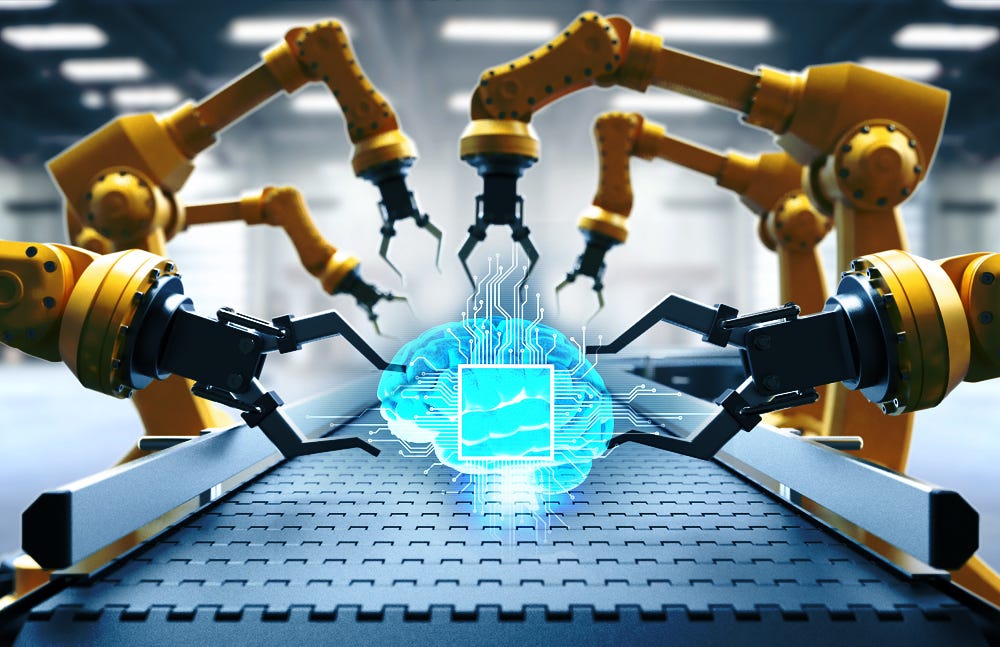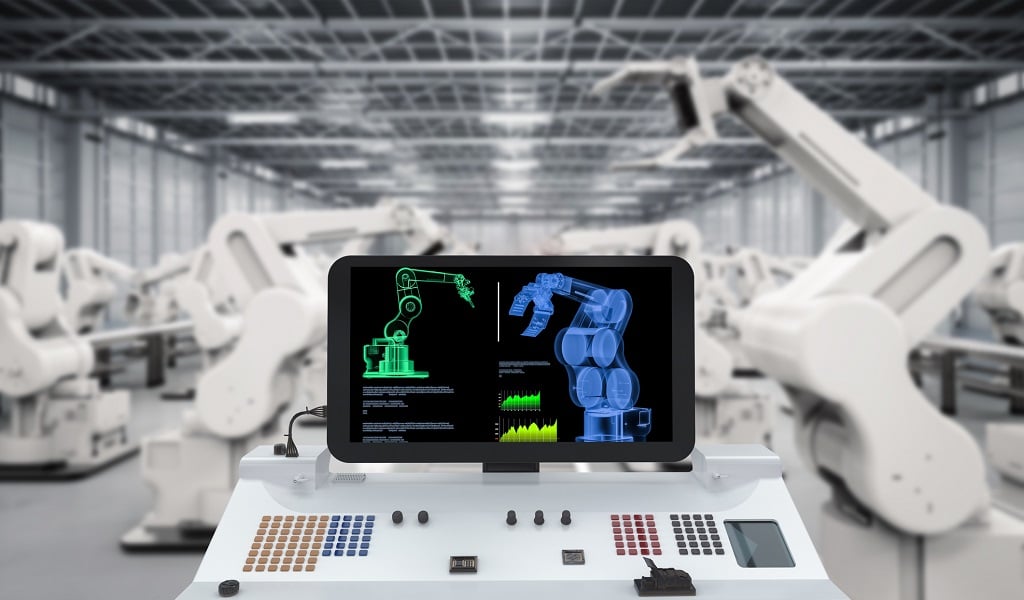In the modern landscape of manufacturing and production, understanding the types of machine failures is crucial for industry QA professionals. Early identification of problems can lead to significant savings and improved safety.
Machine failures can be a major challenge, leading to costly downtime and potential safety hazards. Knowing the major types and causes can aid in preventive measures, ensuring smooth operations and increased productivity.

Mechanical Failures
Mechanical failures commonly arise from worn-out parts, misalignments, or improper lubrication. These issues often manifest as unexpected breakdowns that halt production.
Common Causes
Poor maintenance and overuse typically lead to mechanical failures. Regular inspections and maintenance checks mitigate these risks.
Electrical Failures
Electrical failures involve problems with power supply, circuit failures, or motor breakdowns. Often, they result from insulation breakdowns or voltage spikes.
Key Solutions
Installing surge protectors and regularly checking wiring can prevent electrical issues from escalating into full-blown failures. Learn more about machine failures.
Software Failures
In an increasingly digital age, software failures can lead to machine downtime. These failures may stem from coding errors, outdated software, or incompatible systems.
Prevention Techniques
Regular software updates and testing through simulated environments can preempt potential technical glitches.
Human Error
Often overlooked, human error contributes significantly to machine failures. Incorrect operation, lack of training, or inattentiveness can lead to catastrophic machinery malfunctions.
Training and Awareness
Comprehensive training programs help reduce errors. Consistent oversight and clear operational guides ensure proper machine use.
Environmental Factors
Machines exposed to harsh environments may suffer failures due to temperature extremes, dust, or moisture.
Protection Strategies
Utilizing protective covers and climate-control systems can safeguard machines against environmental stressors. For more advanced solutions, visit AI-Powered Quality Control.
Predictive Maintenance
Predictive maintenance involves using analytics and IoT technologies to predict machine failures before they occur. It’s a proactive approach that minimizes downtime.
Implementation Methods
With sensors and AI tools, predictive maintenance identifies patterns and sends alerts for early interventions.
Learning from Failures
Every failure presents an opportunity for learning. By analyzing failures, companies can implement new strategies to prevent recurrence and enhance operational processes. Explore high-speed analysis.
Impact on Production
Failures can negatively impact production schedules, resulting in customer dissatisfaction and potential revenue loss.
Optimizing Production Flow
Implementing buffer systems or parallel processing can offset the effects of unexpected machine downtime.
Cost Implications
The cost of machine failures extends beyond immediate repairs, affecting long-term financial performance.
Cost Reduction Techniques
Strategic maintenance investments can lead to long-term cost savings and increased machinery lifespan. Check high-speed inspections.
Safety Concerns
Machine failures can lead to dangerous situations, risking worker safety and compliance with regulations.
Ensuring Safety
Regular risk assessments and safety audits keep workforce protection as a top priority.
Role of Technology
Cutting-edge technologies have revolutionized the way industries manage machine failures, embedding smart solutions into existing systems.
Tech Integration
Technological tools ensure better monitoring and quick resolutions. Smart sensors, IoT devices, and AI-driven insights bolster automation efforts.
Conclusion
Understanding the various types of machine failures empowers QA professionals to adopt more effective strategies, preventing unexpected downtimes.

FAQ Section
What are the primary causes of machine failures?
The primary causes include mechanical, electrical, software failures, and human error.
How can machine failures be prevented?
Regular maintenance, predictive analytics, and thorough training can minimize occurrences.
Why is predictive maintenance important?
It helps anticipate potential issues before they occur, reducing downtime and costs.
This article contains affiliate links. We may earn a commission at no extra cost to you.
